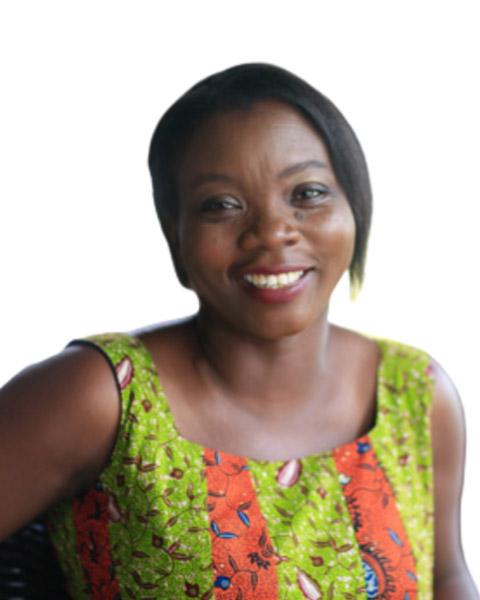Principal Investigators’ Welcome
Welcome to the website of the Promoting Effective Policies for Women’s Economic Empowerment (WEE) project, a platform for sharing research, information and news on this innovative research project, as well as key policy documents and news items on women’s economic empowerment in Ghana.
WEE, funded by the Hewlett Foundation, is a nationwide project on women’s economic empowerment that features research, policy engagement and network-building among women’s rights organisations and key female figures in Ghana’s world of business and finance as well as policy makers. It is a three-year project that seeks to advance gender-responsive policymaking and achieve a critical mass of economically empowered women in Ghana. To achieve this goal, the project’s co-leads, in partnership with policymakers and the Network for Women’s Rights in Ghana (NETRIGHT) as well as key female figures in business and finance will work to strengthen collaboration among researchers, policymakers, and WEE advocates. It is led by a team of feminist social scientists together with early career researchers and post-doctoral fellows all of whom are committed to working together to produce evidence and co-create policy solutions to positively change the economic fortunes of Ghanaian women.
We are excited about this project for several reasons. First, this project creates a unique space for grassroots women’s organisations and key female figures in business and finance to work alongside researchers and policy makers to rethink the nature of policy making in Ghana for positive impact. This is particularly timely given the economic difficulties Ghana is currently facing. Second, this project offers the opportunity for the development of an inter-generational, multi-disciplinary network of Ghanaian scholars attuned to the ways in which policy impacts the lives of everyday people. Finally, this project provides a novel opportunity for communicating the nexus between policy-making and our everyday lives using a variety of both traditional and new media tools such as articles, blogs and film. Ultimately, we are confident that this project will result in outcomes that will be felt positively in the lives of ordinary Ghanaians. We encourage you to visit this site often and engage with us as we embark on this exciting project.

Professor Dzodzi Tsikata

Professor Abena Oduro

